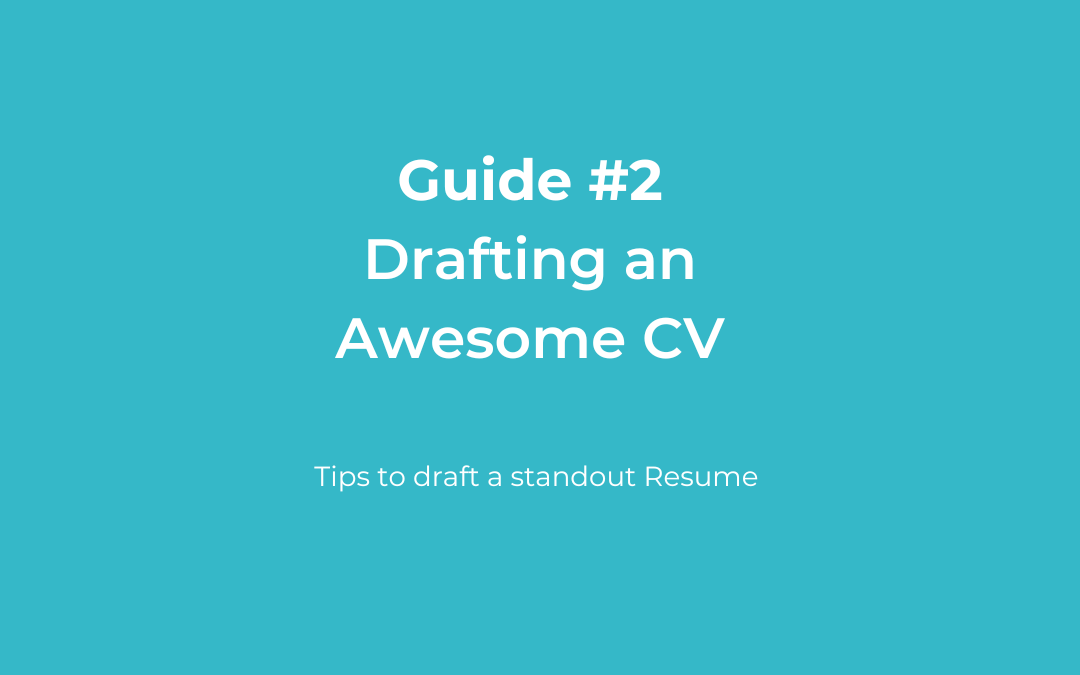Drafting a CV/Resume in the legal area (whether it’s for a new job, LLM, PhD, Scholarship, etc.) can feel daunting with the abundance of information available.
There’s no one-size-fits-all approach. Your style will depend on various factors related to the position you’re applying for. Crafting a standout CV isn’t easy, so allocate the time you need and don’t hesitate to create multiple versions before settling on the right one.
Consider the following:
1. Who is likely to read your CV?
Build personas of your readers and anticipate what they would want to read. Often, besides the main readers, there will be others such as recruiters or admissions officers who may not be experts in your field. Therefore, using clear language and writing style is essential (avoid long sentences and paragraphs, industry jargon, and non-standard abbreviations).
2. Is it tailored to your specific challenge?
Consider creating a master document that can then be carefully tailored depending on the position description or educational institution. Spend time reviewing the position description, university website, or course outline to understand what your audience would likely want to know about you. Note down some buzzwords to help you write your resume, which you can even repeat in your drafts.
3. What are your major achievements relevant to the position?
Carefully map out the achievements in your life and career. Spend time on this as you’ll need to include details and, where possible, quantify any benefits these achievements brought to those around you. Remember, your CV is often just the first step in a longer process—it will provide much of the information discussed in an interview.
4. Is your CV authentic?
Authenticity is crucial. Do not include information that cannot be substantiated! Today legal organisations are seeking diverse teams with individuals from unique backgrounds. Explain any gaps in your CV but also don’t get too caught up in them. Research shows that people are less concerned about career gaps than in the past. If possible, connect any gaps or time out with your desired position or program.
5. Is it ready for use?
This may sound obvious, but have someone proofread your CV (especially if it’s written in a second language). About 50% of CVs contain spelling mistakes, which can be easily avoided and prove costly.
+++
Since moving to Brazil over 8 years ago, I have worked with 100+ lawyers and legal professionals across Latin America to help them become more internationally focused and start planning and tackle the application process for international Jobs, Qualifications, LLM’s, MBAs, PHDs and more.
If you need someone to help prepare for such a challenge, or simply want to arrange a short call to see how my coaching process works, send me a private message.
hashtagcareercoaching
hashtagbusinesscoaching
hashtaglegal
hashtaglaw
hashtagconsulting
